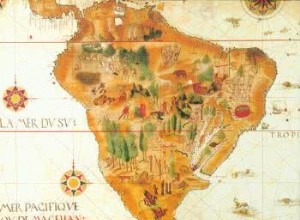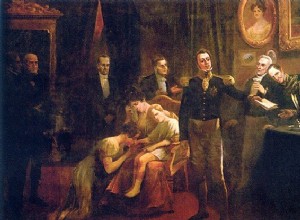The Colonial Brazil , in the History of Brazil, is the period that comprises the period from 1530 to 1822. This period began when the Portuguese government sent to Brazil the first colonizing expedition led by Martim Afonso de Souza. In 1532, he founded the first settlement, Vila de São Vicente, o




